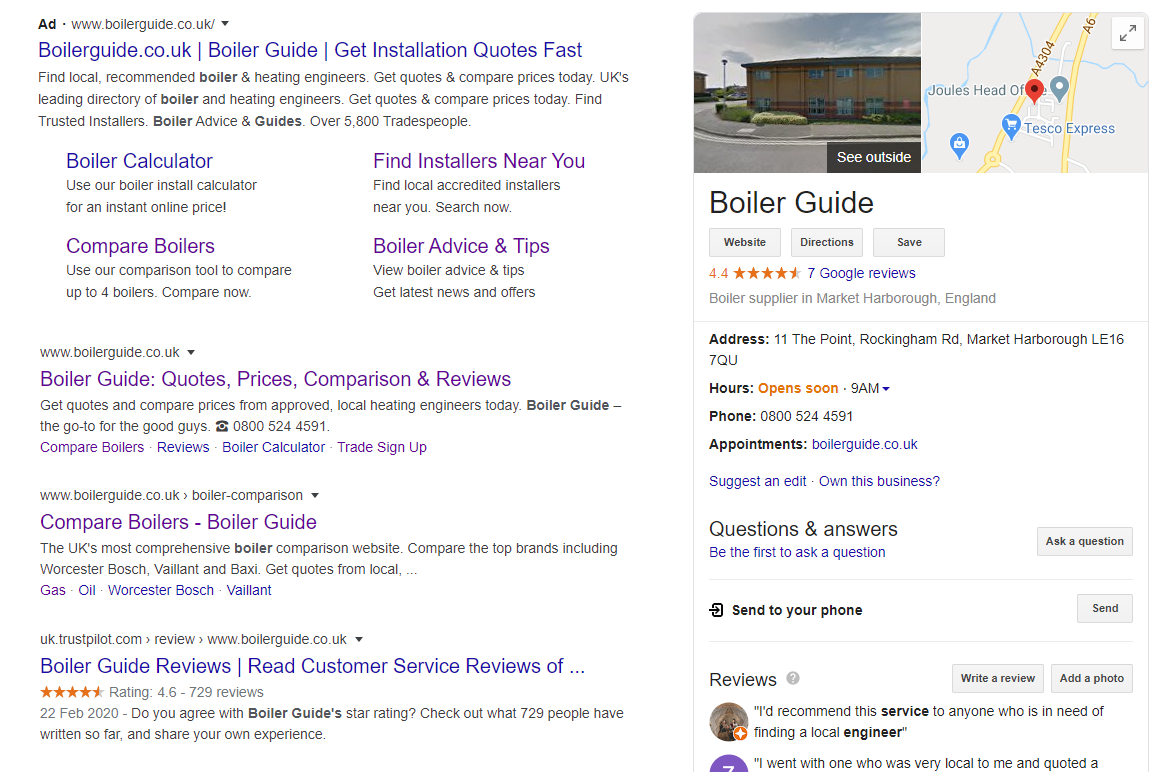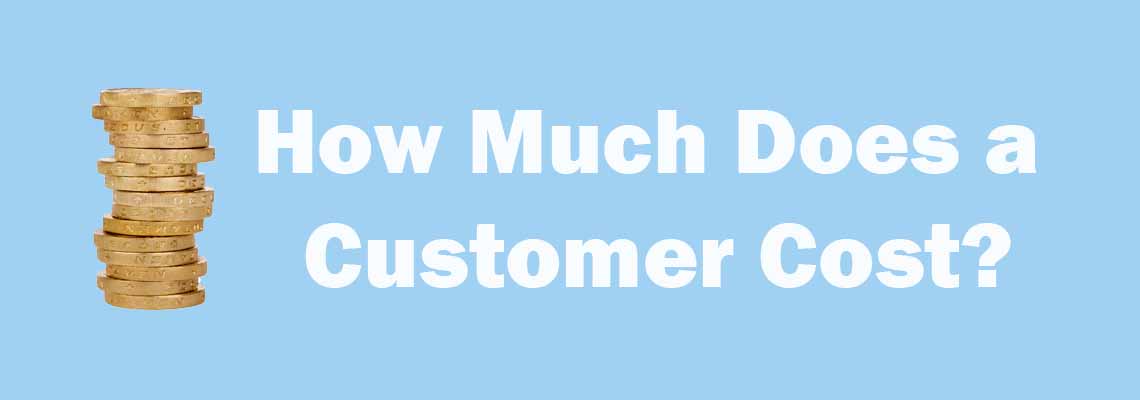A website is important for any business in the modern day but building one is just the beginning, you’ll also need to get it in front of the right people. Make this the year that your businesses’ website goes up a gear by making a note of our website wisdom and SEO secrets.
Website Wisdom
Nowadays, your website is the face of your company. It should be a place where customers can learn everything they need to know about your company within moments and then (hopefully) take some form of action: make an order or sign-up to your email list, for example.
Here are a few simple steps you can take to help potential customers find your website and keep them there once they’ve found it.
Competitor research
We’ll start by simply saying that you should be aware of what your competitors are up to, not only when you first get to work on your website but from then on. Finding out what works for the rest of your industry is a great way to get started and help to inspire new ideas of your own.
Mobile-friendly
In 2019, it’s not enough to have a website that looks great on a computer or laptop, it needs to work well on mobile. When it comes to SEO, mobile-optimisation is an important factor in getting your website to rank as high as possible.
Write, write, write…
Don’t stand still when you get your website just how you want it. Post informative articles or blog posts relevant to your industry to keep your website fresh and full of new and useful information that visitors will find valuable.
Regularly sharing new articles on your website is just one of the ways that you could be rewarded by search engines when potential customers are searching online for a business like yours. Remember though, that first and foremost, you’re writing for people, not search engines, so make your articles readable.
SEO Secrets
Once you have the website it’s time to get people to visit it and that’s where SEO comes in.
Search Engine Optimisation (SEO) is the practice of getting your website as high up the rankings as possible on search engines such as Google and Bing for certain keywords or phrases. For example, if you’re a heating engineer you might want to appear for the search term ‘broken boiler’ – which isn’t as easy as it might sound.
Many other businesses will be attempting to do the same so it’s not simply a case of putting ‘broken boiler’ somewhere on your website and seeing your website climb to the top of the results. You’ll need to consider the following advice.
Google My Business
When somebody searches for your company on Google, they’re looking for more information. The best way to give them this is by setting up your Google My Business details, which will display important company information such as opening hours, phone number and address on Google.
This is much more eye-catching than the conventional results normally returned by a search engine, making it much more likely that the searcher will end up on your website, just where you want them to be.

Page speed
Picture tapping on a website and you’re left waiting for it to load, you’ll probably give up and head to another website. To stress the importance of page speed, you only have a matter of seconds before a user is likely to give up. Research by eConsultancy found pages that takes 3 seconds to load will see 40% of users give up and 80% to never return again.
To help the speed of your website there are a few simple steps you can take:
- Keep the file size of any images down to a minimum
- Choose a simple website theme
- Don’t overdo the plugins
A plug-in is a software that can add various functions and features to your website that can take care of security, contact forms, SEO and much more. Overdo them and your page speed will be the victim so only run the essentials.
Provide fresh content
We touched on this in our website wisdom but publishing new content on a regular basis that’s valuable to your audience will really help your website earn more visibility. Whether you’re creating videos or writing articles (we find the longer the article the better), all of the various bits of content can help you to appear for different search terms that you think it might be helpful for your company to appear for.
Meta descriptions
It’s not enough for your website to appear high up on a search engine like Google if nobody clicks on it and that’s why you need to have a compelling meta description. A meta description is the couple of lines that sits underneath the clickable title of the article.
The meta description is your opportunity to convince people that your website is worth visiting over any other. A meta description should be an advert for your website and here’s how you can make yours stand out:
- Include keywords (words and phrases you’d like to appear for when people search for them on Google or Bing)
- Keep them short and snappy (150 – 170 characters)
- Aim to provide an answer to the user’s query
- Don’t use the same meta description for every page of your website
Importance of the title tag and H1
‘Title tag’ and ‘H1’ might sound confusing at first but they’re pretty simple to get your head around. The title tag is basically the title of the page and is the clickable part when your page appears in a search engine. You should include the keyword that you’re hoping to appear for in the title tag to give your page the best chance of ranking high up the search results.
The H1 is similar to the title tag but will appear at the top of the page as a header so, just as with the title tag, include the keyword or phrase so that the reader knows they’re on the page that they’re looking for.
Earn links from trusted websites
A link to your website from another trusted site is not only good for your ego but your SEO too. To do this, you’ll need to provide valuable information in your articles that others might want to reference, such as statistics and insightful information.
You can also help your case by linking out to other websites from within your articles or blog posts. By showing that you’re willing to link to a website could see them return the favour but don’t overdo it, you want to keep as many people on your website as possible.
Keep up
The way that search engines determine which website should appear above another is constantly changing so keeping up-to-date is a must. This is known as the algorithm and what that algorithm is isn’t exactly clear, making it important to keep up with any news. One handy way to do is to set up a Google Alert for ‘Google Algorithm’ so that any news will go straight to your email inbox.
SEO Dictionary
If you’re new to the online world of websites and SEO then there’s likely to be a host of words, phrases and acronyms for you to familiarise yourself with. Let us help you get started:
Algorithm: A set of rules, each search engine has their own, that determines which page should be above another when listing the results when a user searches for a certain word or term.
Back link: A link to your website from another.
Canonical link: If you have 2 pages that provide the same information, you can instruct Google to rank the preferred version with a Canonical Tag.
CPC (Cost Per Click): Amount advertisers have to pay every time a user clicks on the advert that they’ve set-up to appear in a search engine results page (see PPC).
Meta description: A short introduction or teaser of the page that appears under the title of the page on search engines. This space is your opportunity to convince a user to click on your website over a competitor.
Organic: The main body of non paid-for search results.
PPC (Pay Per Click): Advertisers can pay for their website to appear in search engine results for certain search terms. You can tell the difference between a page appearing organically and one being paid for as it will say ‘AD’ next to the address of the website (URL).
SERP: Search Engine Results Page
URL: Address of a website e.g. www.boilerguide.co.uk.
Sign-up to Boiler Guide
Thanks to our SEO specialists working tirelessly every day, our Boiler Guide website appears on page 1 of Google for a number of key search terms. As a result, we get 1.7 million people visiting our website every single year
So, rather than starting your SEO journey from scratch, register with us to get a free listing on Boiler Guide and access to our high-quality sales leads:
- No sign-up fees
- No subscription fees
- No-obligation to buy leads





